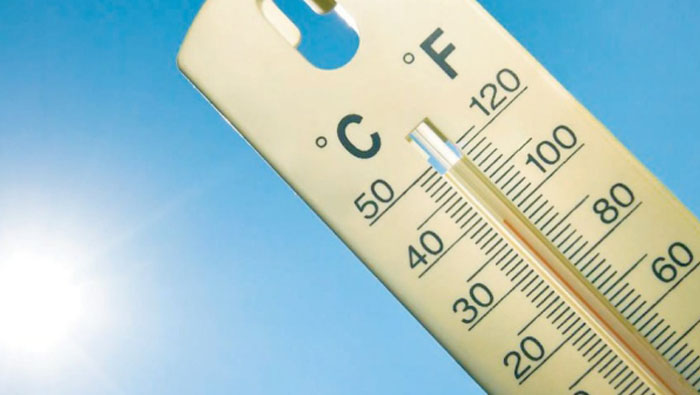
Muscat: Parts of Oman can expect single-digit temperatures at night, as winter has officially hit the country.
December 23 is officially known as the first day of winter across the six GCC nations, and several parts of Oman are currently lingering around the two-digit mark, with a few areas in the country having previously registered single-digit minimum temperatures over the past
few days.
Temperature readings from the meteorological department at the Public Authority for Civil Aviation showed that the town of Saiq recorded a temperature of eight degrees, while both Ibri and Nizwa were at 11 degrees. In addition, Ibra, Haima and Buraimi (all 13ºC), and Rustaq (15ºC) also experienced cold nights.
Sur’s minimum temperature was found to be 16ºC, with the average night-time temperature in Muscat being 17ºC. The temperature in both Sohar in the Batinah Governorate, and Khasab, in the country’s northern governorate of Musandam, was 18ºC.
The Masirah Islands recorded temperatures of 19ºC, with Salalah being the only major city with a recorded temperature of above 20 degrees. The capital of the Dhofar Governorate has a night-time temperature of 21ºC.
Citizens and residents in the country have been asked to stay safe from the cold, because of the effects it could have on one’s health. Children are particularly vulnerable, and the Save the Children Foundation has tips on how to keep young ones safe.
“Dress babies and young children in one more layer than an adult would wear,” said an advisory from the organisation. “Beware of clothing hazards. Scarves and hood strings can strangle smaller children so use other clothing to keep them warm. Before kids head outside, tell them to come inside if they get wet or if they’re cold. Then, keep watching them and checking in. They may want to continue playing outside even if they are wet or cold.”
The American Heart Association has also asked people to stay active during the winter, when there may be a tendency for people to remain indoors.
“There’s no reason to take a break from physical activity when the temperature drops. In fact, exercising in cooler weather has some distinct advantages over working out in warmer weather,” the organisation advised. “Winter’s chill might even make you feel awake and invigorated. You may be able to work out longer in the cold weather—which means you can burn even more calories.”
“Exercise boosts your immunity during the cold and flu season. Just a few minutes a day can help prevent simple bacterial and viral infections,” added their advisory.” Don’t forget to drink water when exercising in cooler weather. Thirst isn’t the best indicator that you need to drink.”
Those who have older people living with them are also requested to take adequate precautions, according to the UK’s National Health Service (NHS).
“Cold weather can affect anyone, but you are most vulnerable if you’re 65 or older, you’re on a low income, you have a long-term health condition, such as heart, lung or kidney disease, you’re disabled, you’re pregnant, you have young children (newborn to school age) or you have a mental health condition,” they said. “If you’re not very mobile, are 65 or over, or have a health condition, such as heart or lung disease, heat your home to at least 18ºC.
The NHS added, “Keep your bedroom at 18ºC all night if you can – and keep the bedroom window closed during the day; you may prefer your living room to be slightly warmer than 18ºC. To reduce the risk of sudden infant death syndrome (SIDS), babies should sleep in rooms heated to between 16ºC and 20ºC.”